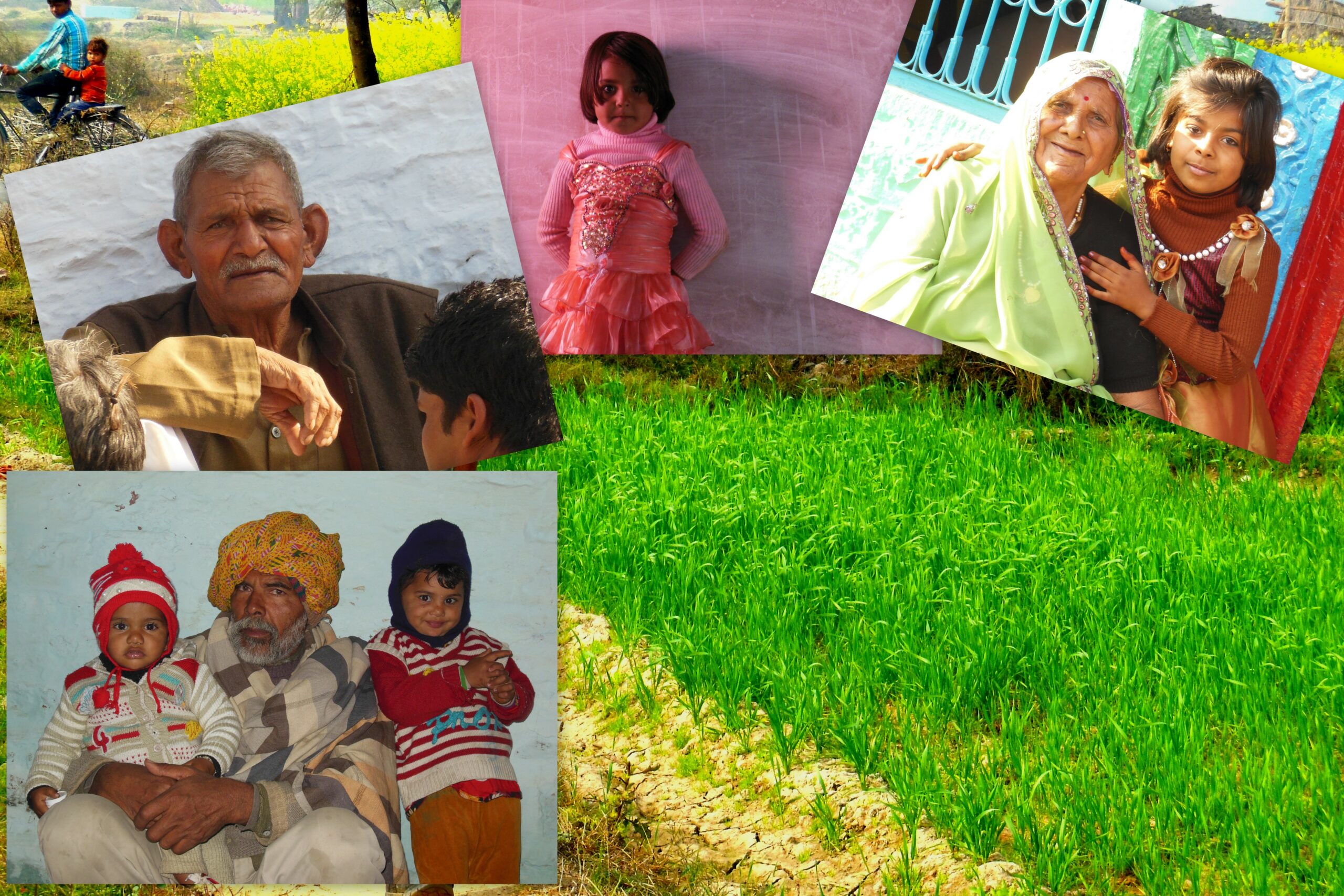“Indian villagers are deeply affected by pollution”
August 11th, 2013 India’s villages are places of tradition, far from the cars and air conditioning of city life, writes Mridul Upadhyay, 22, a Commonwealth Correspondent from New Delhi, India. But he argues that villagers suffer inordinately from the effects of climate-changing urban pollution.
India’s villages are places of tradition, far from the cars and air conditioning of city life, writes Mridul Upadhyay, 22, a Commonwealth Correspondent from New Delhi, India. But he argues that villagers suffer inordinately from the effects of climate-changing urban pollution.
What a surprise!
Some live with such a busy schedule that they don’t find enough time even for their children, which can make their children believe their parents are actually ‘Weekend Parents’.
One the other hand, there are some who keep sharp account of most of the things related to their neighbours, and even the neighbours’ cattle. After all, who knows when they may get a chance to buy?
They are happy about the birth of female cattle, while a newborn girl is accepted with less pleasure than a boy. When required the old ladies, even in their 80s, cook for their sons and grandsons in the absence of their daughters-in-law. But this seldom applies to the males, even in their 40s.
Yes, these are among the simplest people on the earth you can find, living in India for thousands of years with very little change; the common Indian villagers.
I was born in a small village in the north Indian river plain region. My childhood surrounding was in a much smaller hilly village situated in the Middle Himalaya region. As time passed, I got introduced to the small cities at first, then big cities, even the capital of India and the international famous cities. But the villages always remain connected with me.
I started observing the silent features of the villages. They are innocent, peaceful and culture-rich places, far away from the hustle-bustle of the big cities. Some things the villagers don’t expect, and some they are deprived of.
In villages, gold in kept as a security for borrowing money from the moneylender. But the loan is for a short time only, because after that short time the value of the gold becomes less than the sum of the loaned money and the interest.
Also there are some rules related to farm land as a security for loaning money. If the money borrower is ready to pay the annual interest on the loaned money, he is allowed to farm that land. Otherwise the moneylender does farming on the land, and the profit from the crop is kept as the interest.
Apart from these few peculiar but normal customs, villagers are deeply affected by pollution. The villagers are least responsible for the various types of pollution, but they are several times more affected than urban dwellers.
Villagers don’t have a single personal vehicle, while an urban family sometimes owns four. Instead they use only public transport, which passes through their villages a few times in a day – so few that they remember all the bus registration numbers!
When heavy rain falls irregularly and off-season, due to changing climate that is mostly influenced by the urban life style, the urban people enjoy it with tea and warm food. But a villager is unable to save his crops, which are almost ruined. When a drought starts, it is nothing to the people living in an air-conditioned home, emitting green house gases that indirectly cause this drought. But a villager can’t rope his crop. In either case, villagers don’t get enough food to eat, or money to send their children to the primary level school.
Ask your conscience: how right is it to deprive any child for the luxury of your child? How right is it to participate in air pollution that contributes to depriving so many of their food and clothes? Are we not disturbing anyone’s human right to live, food, education and shelter when we burn fuel in our cars, when we use plastic which is burnt to be disposed, when we don’t plant even a single tree but care for the car parking space?
Oh People! They don’t harm you, so don’t be insane. They don’t need your charity, but a change in your life style. They ask you to live in harmony on the same planet. Everybody suggests you spend some time with nature to feel peace, so if you are disturbing nature by any means, you’re as unwanted a bad factor of society as a criminal. If anybody is dying due to flood or drought, you are also responsible, because causes and effects also follow the rule of globalization.
Photo: Mridul Uphadyay
…………………………………………………………………………………………
About me:
A thinker, a social volunteer, a mechanical designer, a theater artist, a guitar player, a lyrics-writer, an amateur sketch artist, a cook, a traveler, a wannabe civil servant – there are many phrases I enjoy trying on me to describe what I see myself as.
Currently I work for the Oil and Gas Pipeline refineries as a design engineer and am studying for Management in Business Administration. I aspire to enlighten society with the knowledge and experience I gain.
………………………………………………………………………………………………………………
Opinions expressed in this article are those of the author and do not necessarily represent the views of the Commonwealth Youth Programme. Articles are published in a spirit of dialogue, respect and understanding. If you disagree, why not submit a response?
To learn more about becoming a Commonwealth Correspondent please visit: http://www.yourcommonwealth.org/submit-articles/commonwealthcorrespondents/
………………………………………………………………………………………………………………




